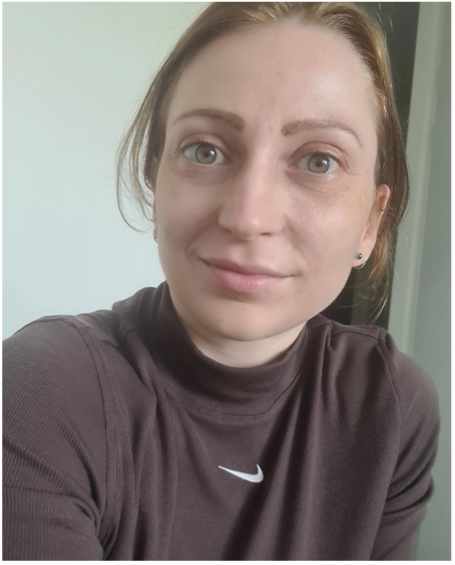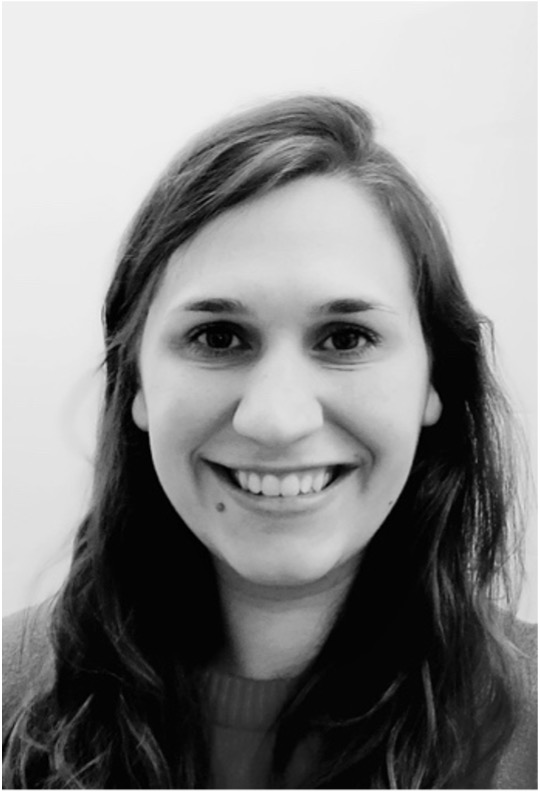Thriving & Healthy Youth
Funding in action! Supporting research on educational games and play behaviour
The community Thriving & Healthy Youth within the strategic theme Dynamics of Youth is committed to advancing interdisciplinary research that fosters youth resilience and promotes well-being. Last year, we launched funding opportunities to foster collaborations across faculties, particularly for junior researchers and to support open data usage. During the past months, two researchers – Michaela Artzmann and Emmie Koevoets – have received this funding to advance their interdisciplinary projects. Learn more about their projects below!
Michaela Arztmann
I am Michaela Artzmann, a PhD candidate at the Education department of the faculty of Social Sciences, where my research focuses on how individual differences can influence the effectiveness of games used in education. To make educational games accessible to every student, we developed an AR game called Marie’s ChemLab. The aim of this game is to stimulate early secondary school students’ interest in science.

Thanks to the funding I received from the Dynamics of Youth community Thriving and Healthy Youth, I joined the “Playing for Cognition” project at the SMARTneurolab. In collaboration with Tanja Nijboer, I am working on differentiating cognitive profiles of children playing a VR game designed for cognitive assessment. Part of the funding is being used for networking purposes, allowing me to attend the Doing Interdisciplinary Research event in Amsterdam and visit collaborators at KU Leuven.
My research aligns closely with the Thriving and Healthy Youth community’s goals. I prioritize working on approaches that support equal opportunities for every child, recognizing that each child is different and thus requires unique interventions. This perspective complements the community’s aim to enhance development opportunities and resilience in children.
Interdisciplinary collaboration is a key component of this project. I work with experimental psychologists and computational neuropsychologists, and we hold team meetings for brainstorming sessions. My visit to KU Leuven, where the SMARTneurolab postdoc is based, involved working on the data processing script for the VR game. Additionally, I actively participate in lab meetings and have joined the clinical data collection efforts at the WKZ.
Through this project, I aimed to gain insight into clinical research and connect with researchers in cognitive rehabilitation. It is interesting to see the potential of immersive games in therapeutical settings, especially since this technology is still rather new and there are many things that we do not know yet. This really sparked my interest and helped me remember why I liked doing research. I think this is already the biggest gain from this project, especially after the busy thesis-writing-period.
Emmie Koevoets

My name is Emmie Koevoets. I have a background in clinical neuropsychology and neuroscience. I study play behavior in children with chronic conditions in relation to their mental well-being. Gaining more insight into this can potentially help prevent future mental health problems associated with chronic conditions through interventions that help to stimulate play behavior in these children.
With the funding requested via Dynamics of Youth we now want to explore the effects of chronic conditions on executive functioning, which are higher-order cognitive functions. We aim to determine if there is indeed reduced executive functioning in these children as they age and to understand the role of play behavior in this context. To answer this question, I will make use of generation R data.
My research is associated with Dynamics of Youth and interdisciplinary in nature. The project is a collaboration with Sanne Nijhof and Heidi Lesscher, who are both chair for the Thriving and Healthy Youth community within DoY. Sanne is a pediatrician specialized in social pediatrics with extensive knowledge of the medical background but also mental wellbeing of children. Heidi is an expert on play behavior, in relation to the development of brain and behaviour, which she studies mostly in rats but also other species including children. My own expertise lies in cognition and behavior, which complements their knowledge and enriches this project.
I hope this project will expand our understanding of and highlight the importance of play. I also believe that collaborating on this project will bring researchers and clinicians closer, facilitating potential future projects.
Interviews by Maartje Koppies

